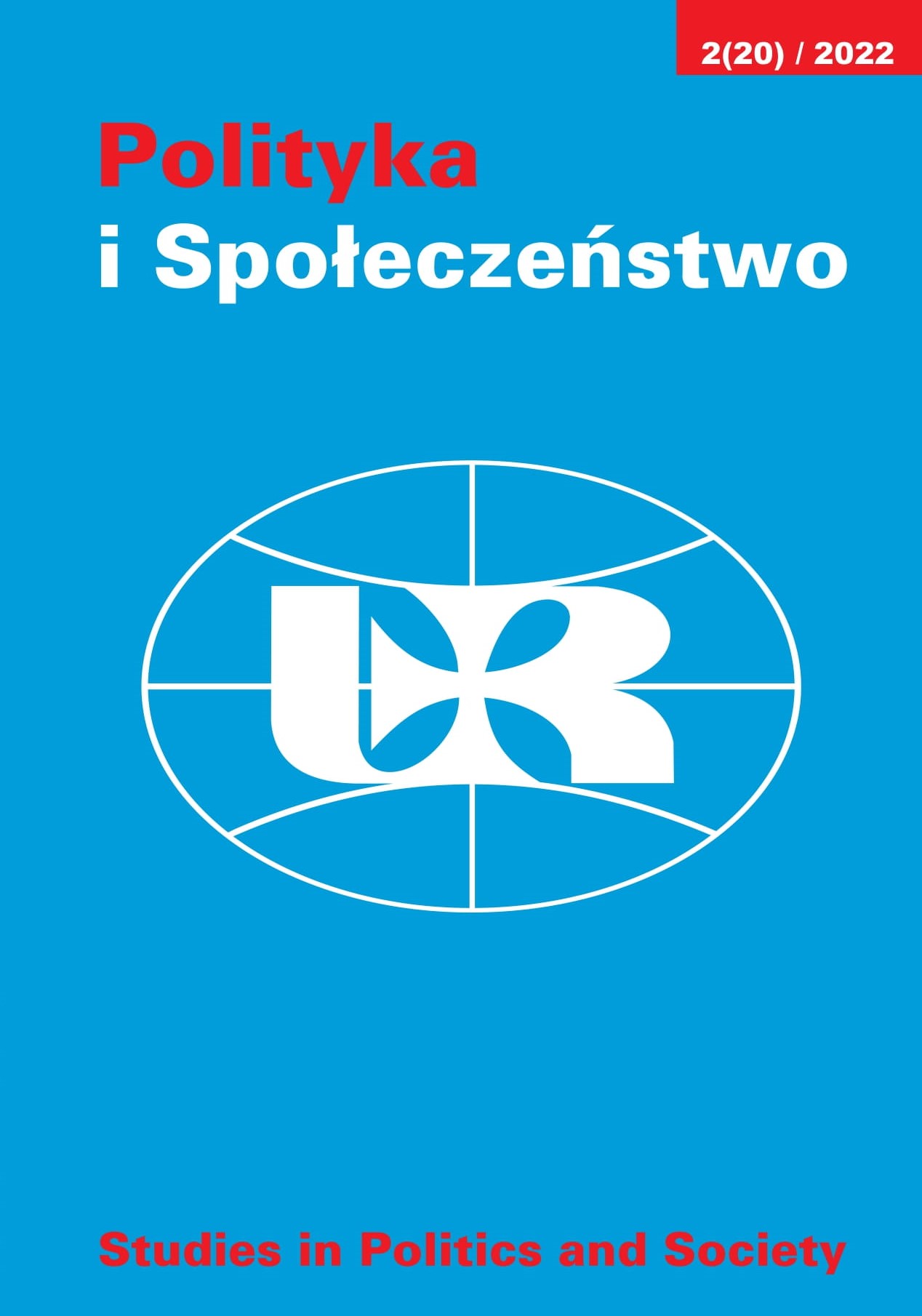Local government problems in selected constitutions of European states in the interwar period
DOI:
https://doi.org/10.15584/polispol.2022.2.10Keywords:
self-goverment, constitution, political thought, authoritarismAbstract
The aim of this article is to analyse the constitutional provisions of the interwar period relating to self-government and, in particular, local self-government. I assumed that selfgovernment, by gaining the status of a value regulated by the basic law, was becoming a necessary and at the same time inalienable element of power. The inclusion of the institution in the constitution may have reflected a recognition of its importance in state building. The constitutions of the newly created states and, to a lesser extent, the basic laws created before 1914 were examined. The inspiration of the basic laws has also been shown. A comparison was made between Polish regulations and solutions adopted in constitutions of other countries. It was important to answer the question whether the traditions of self-governance influenced the adopted regulations. Both institutional and legal analysis and comparative studies were used to achieve the objective. The main thesis of the article is that the role of self-government in the state as well as the presence of provisions relating to self-government was in line with the path of political transformation. Democratisation has tended to foster the inclusion of local government in the axiological system set out in the constitution, whereas in authoritarian states the role of local government has been limited. The presented thesis should be accompanied by one reservation. Constitutional regulations have been of a varied nature, and it is not always the case that fewer provisions on self-government have depreciated the significance of this institution in the state.
Downloads
Published
How to Cite
Issue
Section
License
Copyright (c) 2022 Studies in Politics and Society

This work is licensed under a Creative Commons Attribution-ShareAlike 4.0 International License.


